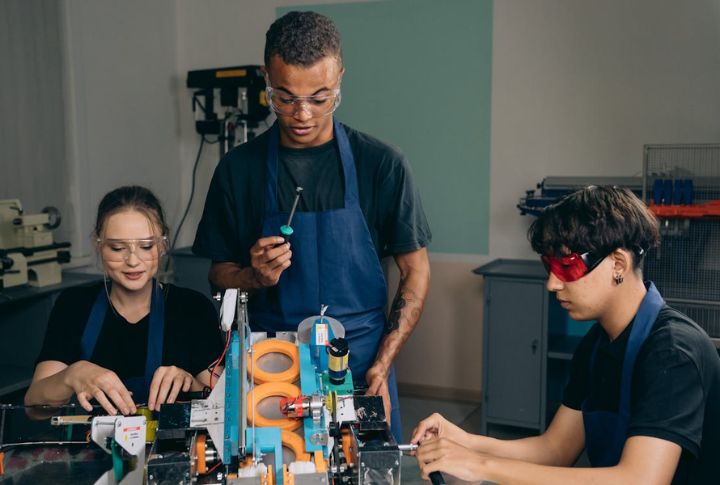
There was a time when turning 18 meant packing up and moving out. That timeline’s looking pretty different now. More and more young adults are choosing (or needing) to stay in the family home. There are cultural, emotional, and practical factors at play. This piece explores the real-life forces keeping young people at home, and how that’s becoming an increasingly normal path.
Skyrocketing Housing Costs

Here’s the context: a young adult lands their first job and starts apartment hunting. Reality hits hard when a basic one-bedroom costs more than half their paycheck. Home prices have shot up over 30% since 2020, and rent isn’t far behind. In some cities, three minimum-wage jobs still can’t cover rent.
Student Loan Debt Crisis

Graduation now often means five-figure debt. The average borrower owes more than $25,000, and monthly payments can eat up any entry-level income. Some grads spend over ten years paying off degrees that don’t lead to stable jobs. As debt piles up, moving out becomes a gamble.
Stagnant Entry-Level Wages

It’s wild to think that a single job once paid for a family, a house, and a car. Today, it barely covers rent and groceries. Entry-level pay hasn’t kept pace with inflation since the early 2000s, and minimum wage hasn’t moved in over a decade.
Delayed Milestones And Life Planning

The old timeline (move out, get married, buy a house) isn’t clicking into place for many. Milestones like homeownership and marriage are happening years later than they used to. And honestly, a lot of young adults don’t feel like life has “started” yet. Parents seem cool with it, too.
Desire To Save For The Future

Saving up for emergencies or a future down payment can feel impossible when rent eats up half a paycheck. Living with family changes that. Some manage to save over $1,000 a month and say it gives them a confidence boost that roommates and bills just don’t offer.
Rise Of Remote Work And Freelancing

For a growing number of Gen Z workers, work doesn’t mean clocking into a cubicle. It’s video calls from the kitchen or running projects from a garage. Freelancing and side hustles have taken off. And when the paycheck comes from a laptop, who wants to blow it on rent?
Pandemic-Era Disruptions

When COVID hit, millions moved back in with their families almost overnight. College campuses emptied, jobs vanished, and everything familiar changed. A lot of those young adults never moved out again. Remote work stuck around, and home just started to feel… safer.
Mental Health And Burnout

Life can feel like too much too often. Young adults are navigating pressure and burnout that hits hard and frequently. Living at home offers a kind of calm that’s tough to find elsewhere. Being around someone who cares is a kind of healing that’s hard to put a price on.
Caregiving Responsibilities

Sometimes, the reason for staying isn’t about the young adult at all. Aging parents or chronically ill family members need care, and hiring help is too expensive. That’s why many under-30s step in, quietly taking on a caregiver role. It’s a choice rooted in love and sacrifice.
Lack Of Affordable Transportation

Leaving home might seem doable until transportation enters the equation. Cars have become ridiculously expensive to own, now averaging over $12,000 per year. And in many suburbs, buses and trains aren’t even an option. So even if rent’s not the issue, getting to work can break the bank.
